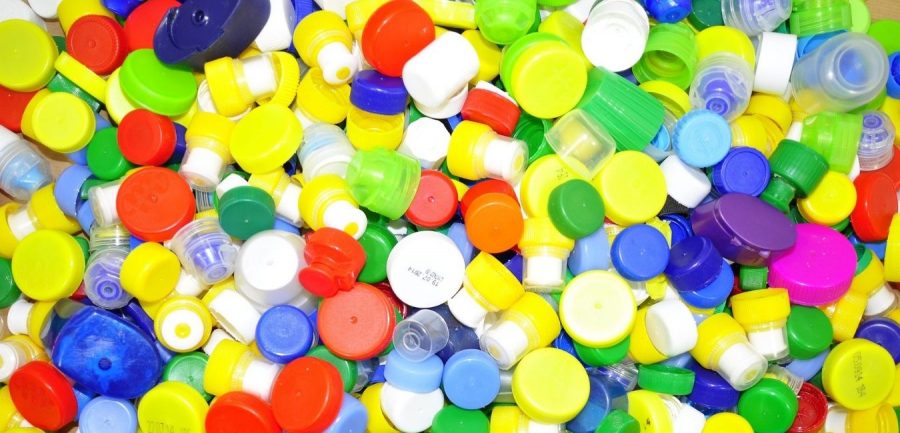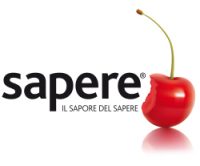Collecting plastic caps: why it is important
Simple gestures to help the planet
By Martina Lombardo
Small and seemingly insignificant, plastic bottle caps can be a real threat to the environment. Collecting them not only prevents them from being dispersed, but is also a beneficial and profitable action.

Did you know that separating plastic caps and bottles facilitates waste separation?
Separate collection is a waste collection system that involves an initial division of waste by type by the citizen. Sorting waste according to the material it is made of helps the environment, promotes recycling and enables the recovery of raw materials and energy.
While separate collection allows the recycling of all waste, plastics are the first component that lends itself to almost complete recycling. The non-biodegradability of plastics makes them particularly suitable for recycling.
Although there are many different types of plastic, only some of them can actually be recycled.
Plastic caps and bottles should be separated when collecting waste
Plastic bottle tops – and not only plastic bottle tops – are made of different material than bottles. For this reason it is necessary to separate the two elements at the time of collection and dispose of them differently.
The caps and lids to be collected are those of water bottles and beverages in general, detergents, toothpaste and spreadable creams. To be sure that the cap should be recycled in a separate collection from the bottles, just check the code indicating the type of material, verifying that one of the following abbreviations is present: HDPE or PEHD and the number 2 (high-density polyethylene); LDPE, PELD or PE and the number 4 (low-density polyethylene); PP and the number 5 (polypropylene).
At the time of collection, plastic caps must be well cleaned and well differentiated from other types of waste.
Collecting plastic caps: the advantages
There are many benefits to be gained from recycling plastic lids. Firstly, collecting plastic lids helps the environment and promotes sustainability, as it prevents these pieces from being dispersed and polluting nature.
Secondly, plastic lids can also be worth a small fortune. According to Cicap, the Italian Committee for the Control of Claims on Pseudosciences, one tonne of lids, which corresponds to more than four hundred thousand caps, can yield around 150 to 200 euros depending on the collection centre.
Finally, the collection of these pieces is also an important action that has social implications, representing a real donation for charity.
Collecting plastic caps is a beneficial action
The issue of collecting plastic bottle caps for charity in Italy and worldwide has always raised some doubts. Today, however, there are numerous voluntary associations that collect them for charitable purposes.
The reference model is a French voluntary association, Bounchons d’Amour, which thanks to the collection and recycling of plastic caps has made it possible to set up an orphanage in Madagascar and various other projects for the disabled.
On the other hand, an Italian example is the Fondazione Malattie del Sangue Onlus, which in 2019 collected an impressive 155.5 tonnes of caps, the proceeds of which were allocated to biological and genetic research projects. In addition, the collection of plastic caps is currently helping to finance an annual contract for a genetic biologist working on the study of certain blood diseases in the Niguarda haematology research laboratory in Milan.
Who to contact for collection
There are several associations and initiatives that collect plastic caps and lids and offer themselves as collection points for citizens. However, it is not always easy to find them in your city.
The Friend of the Environment Association helps to make known the associations involved in the collection of closures, as well as being a collection point itself. The Association provides a map of the national territory to find the nearest collection point; you can consult it here.
Collecting plastic bottle caps only benefits the environment and people, so get started!
